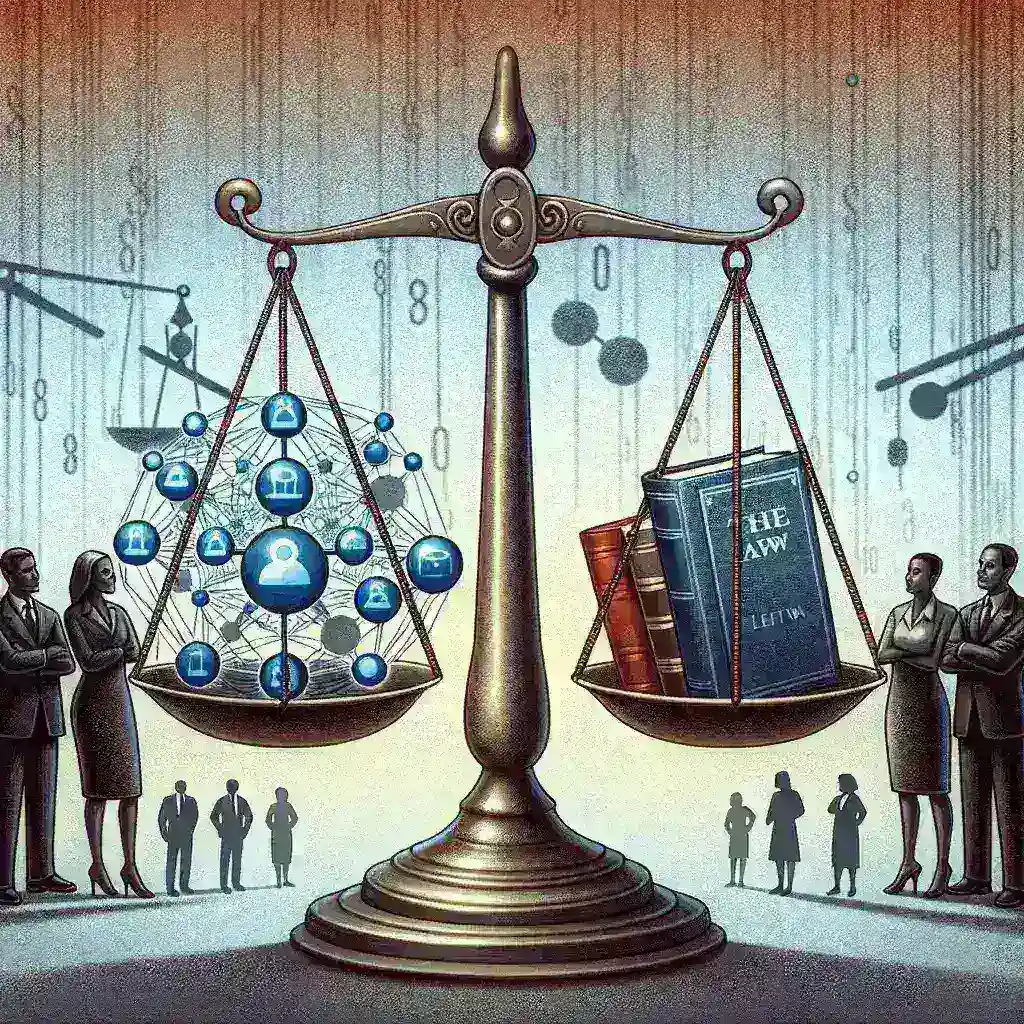Introduction
The debate over network neutrality has resurfaced in Congress, gaining traction with bipartisan support. As key lawmakers come together to advocate for a more regulated internet, understanding the implications of such legislation becomes crucial for consumers and providers alike.
The History of Network Neutrality
Network neutrality, the principle that internet service providers (ISPs) must treat all data on the internet equally, has been a contentious topic since its inception. The first significant regulations were established in 2015 under the Federal Communications Commission (FCC), but were repealed in 2017. This repeal ignited a nationwide debate about the future of internet access and fairness.
Key Events Leading to Current Legislation
- 2015: FCC classifies broadband as a Title II service, enforcing net neutrality rules.
- 2017: The repeal of net neutrality by the FCC, leading to extensive public backlash.
- 2021: Various states enact their own net neutrality laws amid the absence of federal regulations.
- 2023: Bipartisan support emerges in Congress to reinstate net neutrality regulations.
The Current Landscape
Recent developments in Congress signify a shifting perspective among lawmakers. Both Republican and Democratic lawmakers recognize the need for a fair and open internet, as evidenced by the introduction of new bills aimed at reinstating net neutrality. This coalition reflects a growing awareness of the potential consequences of allowing ISPs to prioritize certain content over others.
Why Bipartisan Support Matters
Bipartisan support for net neutrality legislation is significant for several reasons:
- Consumer Protection: Consumers benefit from regulations that prevent ISPs from throttling or prioritizing certain services, ensuring equal access to information.
- Innovation: A level playing field encourages innovation, allowing new companies to compete without the fear of being sidelined by larger ISPs.
- Public Support: The overwhelming majority of Americans support net neutrality, creating pressure on lawmakers to act.
Potential Implications of New Legislation
If passed, the proposed network neutrality legislation could have far-reaching effects on the internet landscape:
For Consumers
- Equal Access: Consumers can expect equal treatment of all internet traffic, ensuring that websites and services are accessible without additional fees or throttling.
- Transparency: ISPs will be required to disclose their network management practices, promoting transparency in their operations.
For ISPs
- Compliance Costs: ISPs may face increased operational costs as they adjust to comply with new regulations.
- Market Dynamics: The competitive landscape may shift as smaller providers gain the ability to compete with larger ISPs without fear of unfair practices.
Challenges Ahead
Despite the optimism surrounding bipartisan support, challenges remain:
- Lobbying Efforts: The telecommunications industry has a powerful lobbying presence that may attempt to influence legislation.
- Legal Hurdles: Potential legal battles may arise, as ISPs could challenge the new regulations in court.
Future Predictions
Looking ahead, the future of network neutrality remains uncertain. However, several trends indicate a potential shift in how internet regulations will shape policy:
- Increased Advocacy: Public advocacy for net neutrality may continue to grow, influencing lawmakers to prioritize this issue.
- Global Trends: Other countries are observing the U.S. debate, potentially influencing their own net neutrality policies.
Conclusion
The return of network neutrality legislation with bipartisan support marks a significant moment in the ongoing debate over internet access and fairness. As consumers, providers, and lawmakers navigate this complex issue, the outcome will have lasting implications for how we experience the internet. By understanding the history, current landscape, and potential future of net neutrality, stakeholders can better prepare for the changes ahead.






Leave a Reply